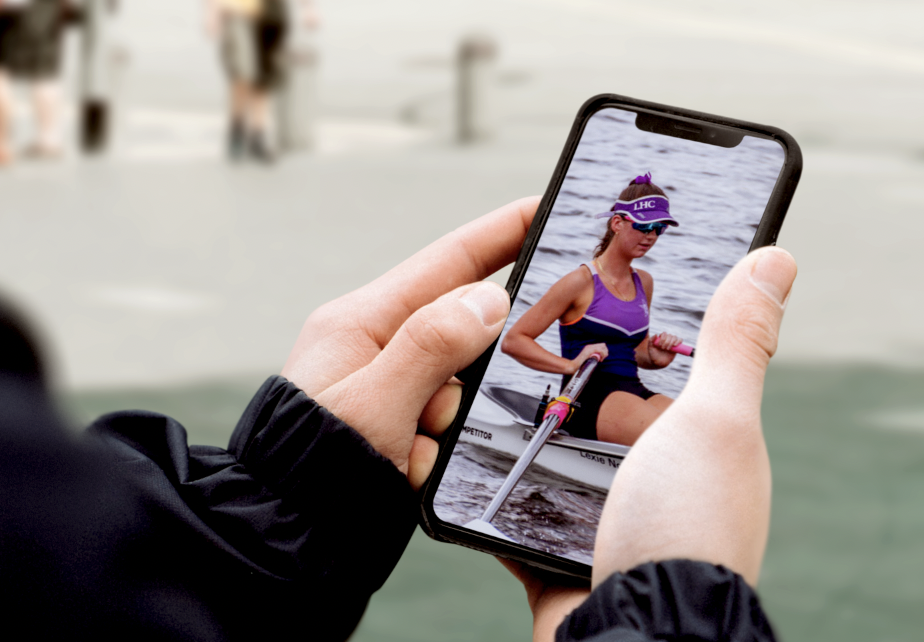
06 Mar Social Media in College Recruiting
Social media is a powerful tool. It has transformed the way we communicate, interact, do business, and receive news. College recruiting is no different and if used appropriately, social media can be leveraged by students to enhance their visibility and opportunities. However, it is important to be aware of the risks that come with using social media as a prospective recruit.
Coaches are turning to social media for recruiting purposes more than ever before. They will often follow recruits that they are interested in, which allows them to monitor progress and results over a period of time. Coaches may even make direct contact with recruits via social media direct messaging. In fact, it is almost guaranteed that a coach will have looked up a prospective recruit on social media before setting up an initial call. What they see will likely determine how proactive they are in pursuing further communication.
If you are a student in the recruiting process, it is worth considering uploading highlight reels, skills videos, and training drill videos to your social media, as well as providing recaps of competition results and personal bests. Doing so will demonstrate to coaches that you are committed to your athletic development and will allow them to easily stay up to date with your progress. If you are injured, sharing social media content of your rehab/recovery process is a great way to signal to coaches that you are resilient and respond positively to setbacks. Additionally, sharing and commenting on posts that celebrate the success of others will show coaches that you are a supportive teammate. Some student athletes prefer to do this on their main social media accounts, whereas others like to create a new dedicated account for sport-specific content.
It is equally important to engage with college teams you may be interested in on social media. Most college teams have dedicated Facebook, Instagram, or Twitter pages where they share photos, videos and team results. It is good to reciprocate a coach’s interest in you by engaging with their team, which demonstrates that you are also tracking their progress. You may simply ‘like’ a team’s post, or perhaps add a comment to congratulate them on a good recent performance. Coaches ultimately want to recruit athletes that want to be part of their program and social media engagement is a great way to demonstrate this.

Social media, however, is a double-edged sword when it comes to recruiting. Not only are coaches interested in a recruit’s athletic and academic performance, but they are also closely evaluating their character. Coaches will be asking themselves: is this the kind of ‘person’ I want to have on my team? It is therefore crucial that your social media exemplifies important values that coaches look for such as respect and integrity. One inappropriate photo, ‘like’ or comment can effectively end a coach’s interest in pursuing you and, in certain circumstances, may result in a scholarship offer being rescinded. Before commencing the recruiting process, it is important to review your social media and remove anything that a coach may perceive as inappropriate. This could include comments that contain offensive/harmful language or photos that depict illegal activity (eg. underage drinking). It is also important to review what your friends have tagged you in as this may also be visible to a college coach.
Your social media profile is ultimately like a resume, so assume that coaches will look at it. It is a powerful tool that should be leveraged, but if not used in the right way, can be detrimental to your recruiting process.
For further tips or questions, contact our team at Study & Play USA
